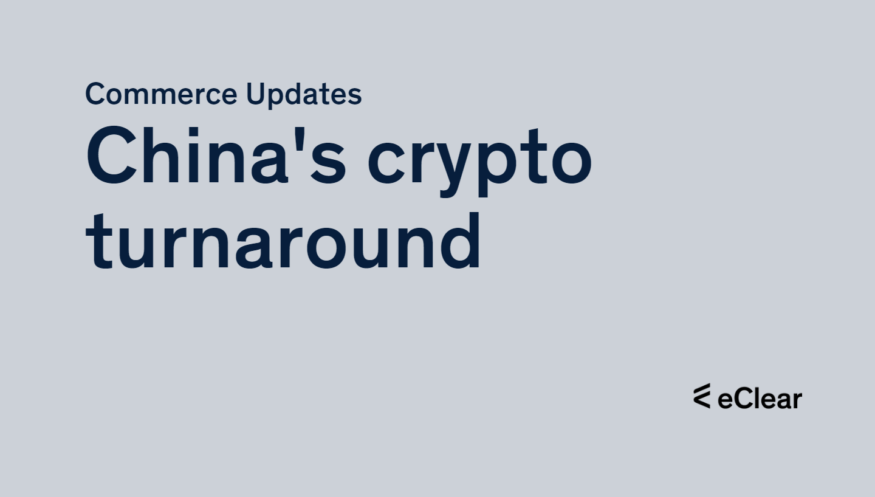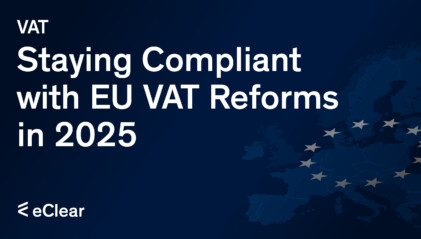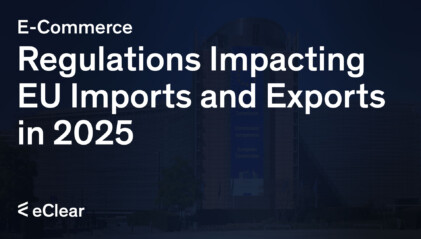Yuan Pay Group is now the only company in China officially authorised to trade and sell cryptocurrencies. After China banned the sale and exchange of ICOs and cryptocurrencies in 2017, the turnaround now comes with the launch of a government-backed coin. This cryptocurrency is the first to be approved by a government and developed collaboratively. Experts expect an unprecedented rise in price once the majority of coins have been exchanged, and Chinese billionaires are behind this project to virtualise Chinese money. The current price of the official China coin is $0.017. Founded in 2010, Yuan Pay Group works with banks and other organisations to legalise crypto trading in China and build international relationships.
GALERIA realigns store network and secures 11,000 jobs

© Galeria
GALERIA plans to realign its store structure as part of a restructuring plan to ensure a secure future amid the economic challenges posed by the Corona crisis and the Ukraine war. With a product range adapted to local and regional needs, 77 branches will be retained. In comparison, 52 branches will be closed due to poor economic prospects. The closures will take place in two waves until 31 January 2024. They will affect around 4,000 employees in the shops and 300 jobs in the Essen headquarters and service functions.
In future, GALERIA will focus more on clothing, beauty and home and offer additional services such as attractive gastronomy offers, insurance, tailoring, dry cleaning and citizen services. The shops are given more autonomy to react better to local requirements. Five new regional units are to optimise the cooperation with the service centre in Essen. According to GALERIA CEO Miguel Müllenbach, this will lay the foundation for a positive economic perspective for the department store company.
Swiss National Bank helps Credit Suisse

© Pexels
The Swiss National Bank (SNB) has announced that it will provide liquidity to Credit Suisse if needed to combat the crisis of confidence at Switzerland’s second-largest bank, reports the Manager Magazin. If Credit Suisse were to claim money from the SNB, it would be the first global systemically important bank since the financial crisis to receive a tailor-made lifeline. Credit Suisse is in the midst of a profound corporate restructuring that will cost billions, including the elimination of 9,000 jobs. The result should be a bank that focuses on business with wealthy clients.
Silicon Valley Bank and Signature Bank, closed by regulators

© Mariia Shalabaieva / Unsplash
US banking regulators have taken control of two banks, SVB Financial and Signature Bank, after fears of contagion spread in the wake of their financial difficulties. California-based SVB Financial, which provides loans to tech startups, saw its shares fall by 86% between Thursday and Friday. Regulators took control of the bank and its deposits, attributing losses to aggressive interest-rate hikes by the Federal Reserve and difficulties startups faced in obtaining funding. New York’s Signature Bank, the third-largest failure in US banking history, was closed two days later. According to the US Treasury Department and other bank regulators, all depositors will be reimbursed, and the taxpayer will not bear any losses.
China remains top trading partner of Germany despite challenges
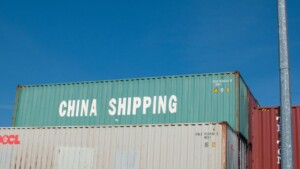
© Unsplash
The potential of the Chinese procurement market has not yet been exhausted, and German companies prefer to diversify their business in neighbouring Asian markets rather than withdraw from China, emphasises Dr Helena Melnikov from BME. An analysis by the BME China Expert Group shows that China is perceived as a reliable partner in the supply chain. The fallback options in Southeast Asia are less attractive due to their complexity and resource intensity.
China offers a well-developed infrastructure, tight supply chains and a domestic supplier network, the most significant locational advantage. Some Western companies respond to global decoupling trends by localising their production in China. Despite Corona-related challenges, China remained Germany’s most important trading partner in 2022, with a trade volume of 298.2 billion euros.
Germany plans mandatory e-invoicing for B2B transactions
At the Berliner Umsatzsteuertag conference on 10 March 2023, the German Federal Ministry of Finance revealed its intentions to require electronic invoicing (e-invoicing) for business-to-business (B2B) transactions within the country. This new policy will not be linked to Continuous Transaction Controls (CTCs) for domestic B2B exchanges.
Germany has requested permission from the European Commission to enforce this e-invoicing mandate. A decision is anticipated in the coming months. Furthermore, the ministry will soon release a draft paper outlining the proposed e-invoicing rules and implementation timelines, inviting public input and giving stakeholders feedback.
Second-hand trend benefits German households
Private households in Germany generated an average of 35 euros per month from online sales of goods in 2021, which is 8 euros more than in 2016, according to the Federal Statistical Office (Destatis). Second-hand items are hip as they contribute to sustainability and offer a cost-effective alternative due to increased prices. Around 15% of the population aged 16-74 said they had sold goods and services online in the first quarter of 2022. The 25-44 age group is particularly active, while only 7% of 65-74-year-olds reported selling items online. The data comes from the Current Economic Accounts (CES) and the European Survey on the Use of Information and Communication Technologies (ICT) in Private Households.
Deutsche Post DHL and Poste Italiane sign strategic partnership
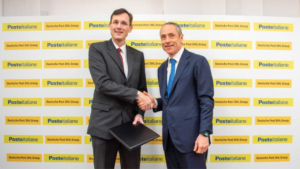
From left to right Dr Tobias Meyer CEO designate Deutsche Post DHL Group and Matteo Del Fante CEO Poste Italiane © Deutsche Post DHL Group
Deutsche Post DHL Group and Poste Italiane S.p.A. have agreed on a strategic partnership in the Italian and international parcel market. The agreement covers four points, including DHL eCommerce Solutions taking over the road transport of parcels for Poste Italiane to European countries and DHL Express and Poste Italiane providing better choice and flexibility in global express services for Italian customers. Poste Italiane will also deliver parcels from DHL eCommerce Solutions. DHL Paket Deutschland in Italy and DHL eCommerce Solutions, and Poste Italiane will invest in a joint venture to build a state-of-the-art and sustainable Packstation network in Italy. According to Tobias Meyer, CEO designate of Deutsche Post DHL Group, the partnership will provide the highest quality and meet the demand for efficient and sustainable solutions. Matteo del Fante, CEO of Poste Italiane, sees the cooperation as an important milestone towards becoming a fully-fledged logistics company offering a diverse range of products.
Energy products sent by mail, subject to tax in the EU
Zoll.de reports that energy tax is payable on the dispatch of energy products by mail order companies from one Member State to another. For mail-order companies based in the tax territory, the delivery of already taxed energy products to private individuals abroad must be notified in advance. Irregularities during transport may lead to the incurrence of excise duty.
New EU customs regulations for pallets, containers, and enclosures
As of 14 March 2023, the Commission Delegated Regulation (EU) 2023/398 will bring into force changes regarding the customs declaration of pallets, containers, and enclosures. According to Zoll.de, these items are deemed to be declared for release for free circulation if they are exempt from import duties as returned goods or are declared for temporary admission. Containers with certain identification marks may also be declared orally or by other means for provisional admission, export, or re-export.
CJEU changes VAT treatment for termination payments
The Court of Justice of the European Union (CJEU) has changed how tax authorities treat termination payments from a VAT perspective. Deloitte reports that tax authorities have changed their approach in response to the CJEU judgments in two cases, MEO and Vodafone Portugal. As a result, Section 74(4) of the Value-Added Tax Consolidation Act 2010 has been deleted, effective 1 January 2022, allowing businesses to claim VAT relief on forfeited deposits. The judgments mean that VAT is chargeable when receiving the payment. Companies should account for it and pay it to Revenue by submitting periodic VAT returns. Businesses will still benefit from the VAT relief in some instances where deposits or prepayments were received before 1 January 2022. The CJEU cases in question were Société thermale d’Eugénie-les-Bains, MEO and Vodafone Portugal.
